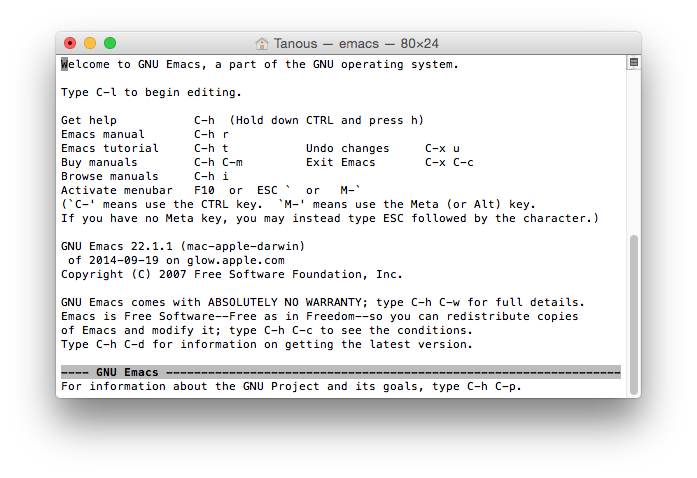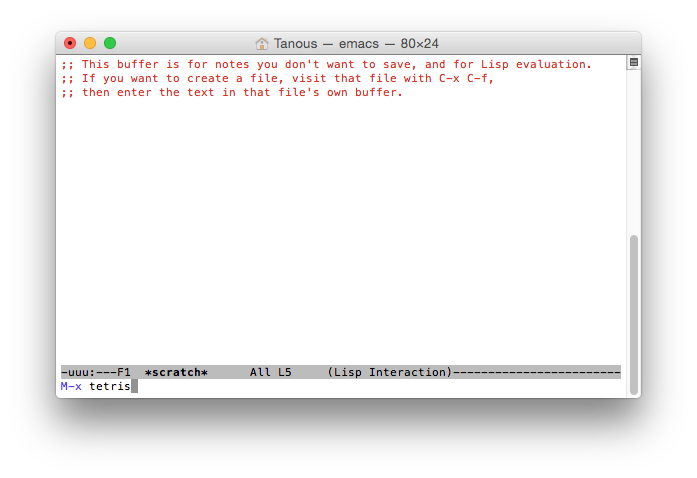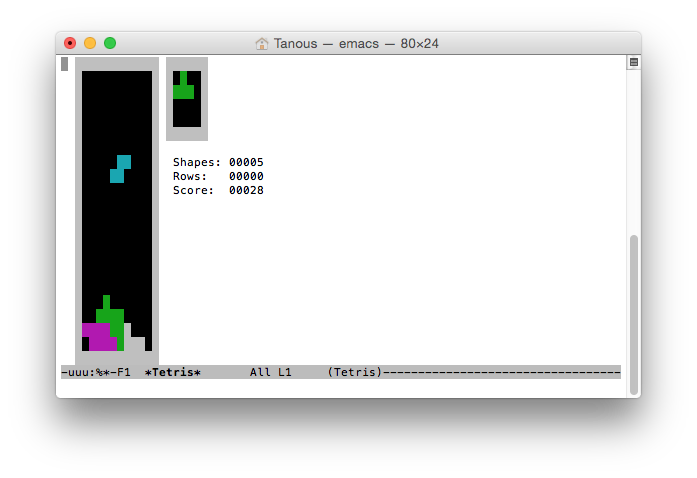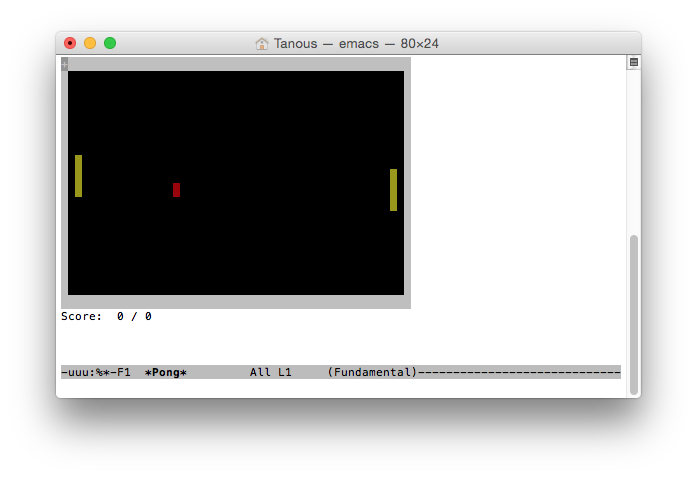Classic Games Like Tetris and Pong are Hiding on Your Mac

If you’re bored and looking for some nostalgic fun, don’t head to the Mac App Store and purchase a new game. Instead, fire up Terminal and locate one of several arcade classics that are hidden right on your Mac. There are a number of games hidden in OS X that you can play using the venerable Emacs text editor. Here’s how to play Pong, Tetris, Snake, and more right in the OS X Terminal.
First, launch Terminal, located in the Applications > Utilities folder in OS X. With a new Terminal window open, type emacs and press Return to launch the Emacs text editor.

You’ll initially see the Emacs overview text, which offers more information on the project, the currently installed version, and some basic commands. Ignore this screen and press the Escape key to bring up the Emacs buffer.

Next, press the X key to bring up a new prompt at the bottom of the window. Now comes the fun part: picking your game. There are several games from which to choose, but we’ll start with Tetris as our first example. To play Tetris in Emacs, just type tetris and press Return.

You’ll immediately see a very basic version of the classic tile-matching puzzle game appear in the Terminal window. There are no options or configuration settings to deal with; just start playing! You’ll use the left and right arrow keys on your keyboard to move a descending tile piece left or right, and the up and down arrow keys to rotate it. Your score and statistics are displayed to the right of the game board.

But wait, there’s more! When you’re done with Tetris, close the Terminal window and repeat the steps above. This time, however, type another game name instead of “tetris” into the Emacs buffer. The full list of available games can be found at the following location, although not all of the apps listed work:
/usr/share/emacs/22.1/lisp/play
Some popular choices, in addition to Tetris, include Pong, Snake, 5×5, Gomoku, and a text-based role-playing game called Dunnet. Not every game is as straightforward as Tetris or Pong, and some aren’t even really “games” at all — such as “Doctor,” which puts the player in a therapy session with a conversational computer program, and the famous “Life” simulator — but there’s a lot of fun to be discovered in these files if you’re just finding out about them now.
















